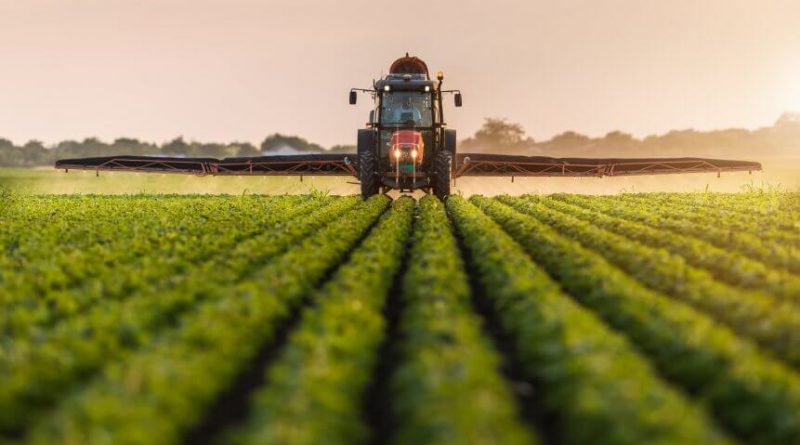Germany Agriculture Market, Germany Agriculture Industry: Ken Research
Agriculture is important sector for the Germany’s food security and also a provider of jobs. More than half of country’s national territory is used for farming. Approximately 1 million people currently work part-time or full-time in agricultural holdings. Key agricultural products include milk, cereals, potatoes, barley, cabbages, pork, beef, poultry, wheat, and sugar beets. In some regions fruits & vegetables, wine and other horticultural products play a significant role. Agricultural products vary from the region to region. In the flat landscape of northern Germany and especially in the eastern part, cereals & sugar beets are grown. Elsewhere, on more hilly land, and even on the mountainous land, farmers produce milk, pork, vegetables, or beef. Fruit orchards & vegetable farms surround almost all huge cities. River valleys in southern & western Germany along the Rhine and Main are covered with the vineyards.
According to study, “Germany Agriculture Market Trends, Statistics, Growth, and Forecasts” the key companies increase acquisitions in the arable land to enhance crop productions. Leading companies are projected to boost their presence & activities to meet augmented demand from farming activities and escalating its growth.
Globally, Germany is the second major importer and third major exporter of consumer-oriented agricultural products, and by far the most significant European market for the foreign producers. The retail market’s key characteristics include market saturation, consolidation, strong competition and low prices. Country is an attractive & cost-efficient location in the center of the EU. In Germany, consumers are very price sensitive. The market also provides lots of wealthy consumers who follow the value-for-money concepts. These consumers are looking for finest quality products and are keen to pay a higher price. Country still has the lowest food prices in the Europe region, and German citizens spend below 11 % of their income on food & beverages. Low food costs are a result of high competition between the discounters and grocery retail sale segment.
The Germany agriculture market is driven by increase in prices of pigs, followed by increase in government initiatives for deploying modern agricultural techniques, favorable harvest conditions. However, government limitations on fertilizer usage and more expensive arable land may impact the market. Moreover, increase in adoption of Artificial Intelligence (AI) & predictive analytics to improve the yield and growth in adoption of smart technologies to enable the precision agriculture are key opportunities for market.
The corona-virus pandemic has negatively hit many economies around the world. The combat measures, including quarantine and lockdowns to fight COVID-19, have stopped the agricultural to some extent, with farmers suffering a momentous loss on their agricultural products returns. However, the agriculture market has been sluggish over the past couple of months owing to the low adoption of analytics solutions. The potential worldwide recession has restricted the investments, funding, expenses at goods and services consumption, which is poised to influence the agriculture adoption rate. It is expected that Germany agriculture market will be reached at rapid pace as a result of growth in need for improving farm productivity & farming operations and rise in demand for specialized digital agriculture services during the forecast period.
For More Information, refer to below link:-
Related Report:-
Kazakhstan Agriculture Market Trends, Statistics, Growth, and Forecasts
Contact Us:-
Ken Research
Ankur Gupta, Head Marketing & Communications
Ankur@kenresearch.com
+91-9015378249


